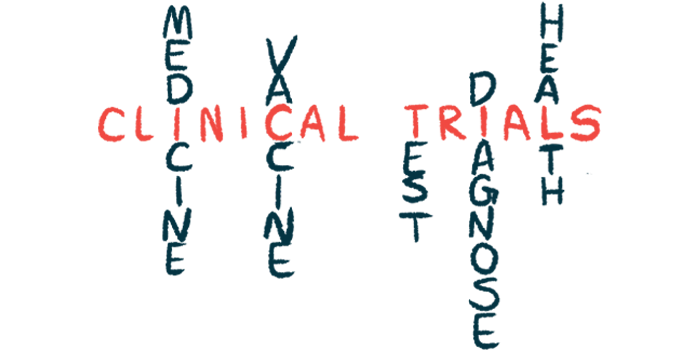Alzamend Seeks FDA Approval to Test Alzheimer’s Dementia Vaccine
ALZN002 is designed to harness patient’s immune system to remove amyloid-beta
Written by |

Alzamend Neuro is seeking regulatory approval to launch the first U.S. trial of ALZN002, its investigational vaccine for mild to moderate dementia related to Alzheimer’s disease.
If the U.S. Food and Drug Administration (FDA) approves the company’s investigational new drug application (IND), Alzamend will start a Phase 1/2a clinical trial to evaluate ALZN002’s safety and appropriate dosing for future studies.
“This IND submission represents a key milestone for Alzamend as we continue to advance our proprietary pipeline,” Stephan Jackman, CEO of Alzamend, said in a press release. “There remains a need to develop new therapies that alter the progression of Alzheimer’s and prevent, reverse or slow neurodegeneration and cognitive decline.”
What is ALZN002?
ALZN002 is a proprietary cell-based vaccine that’s designed to harness a patient’s own immune system to target and eliminate amyloid-beta protein — the protein that forms toxic aggregates in the brain, disrupting its function and leading to dementia.
The vaccine uses a patient’s own (autologous) immune cells, specifically dendritic cells that are modified in the lab to induce an immune response against amyloid-beta clumps after being infused back into the patient.
Dendritic cells are a specialized type of immune cell that present antigens — substances that are capable of triggering an immune response — for recognition by another class of immune cells, called T-cells, which mount an immune response.
In this case, the dendritic cells are “presented” with a novel small fragment of the amyloid-beta protein and are expected to trigger the production of antibodies against amyloid-beta protein, leading to its clearance from the brain and easing dementia-related symptoms.
This form of active immunization is thought to offer robust and long-lasting effects. By using a patient’s own cells, the vaccine bypasses donor requirements and is believed to be safer, without the risk of rejection.
“We strongly believe that the ALZN002 patient-specific immunotherapeutic vaccine has the potential to achieve these objectives and bring aid to the 6+ million Americans afflicted with this devastating disease,” Jackman said. “We look forward to providing more details on the timeline following FDA clearance of the IND, if obtained.”
Preclinical data from mouse models of Alzheimer’s disease supported the therapeutic benefits of ALZN002 and the current IND application. According to Alzamend, 90 days after the last infusion, ALZN002 led to a significant reduction of amyloid-beta plaques without signs of adverse events. Mice received a total of five infusions of ALZN002 administered over 90 days.
Tissue analysis showed no signs of T-cell infiltration in the brain or meningoencephalitis, which is a serious inflammation of the meninges, a set of membranes that protect the brain and spinal cord. Overall, these findings support the safety and tolerability of ALZN002.
No treatment-related mortalities were reported as well as no changes in key parameters, including body and organ weight, and tissue analysis during the treatment and follow-up periods.
The first-in-human clinical trial will assess the safety, tolerability, and efficacy of multiple ascending doses of ALZN002 versus a placebo in 20 to 30 individuals with mild to moderate dementia due to Alzheimer’s.
The results will help to determine the best dosage of ALZN002 to test in a follow-up, larger Phase 2B ALZN002-02 study. Alzamend expects to launch the ALZN002-02 study within three months after getting data from the first study.
The company is also developing AL001, an investigational lithium-based oral therapy for dementia related to Alzheimer’s disease. This specific formulation of lithium is thought to be safer and more efficient than existing lithium-based treatments.
AL001 is currently being tested in a multiple ascending dose Phase 2a clinical trial, following positive results from a Phase 1 trial.







